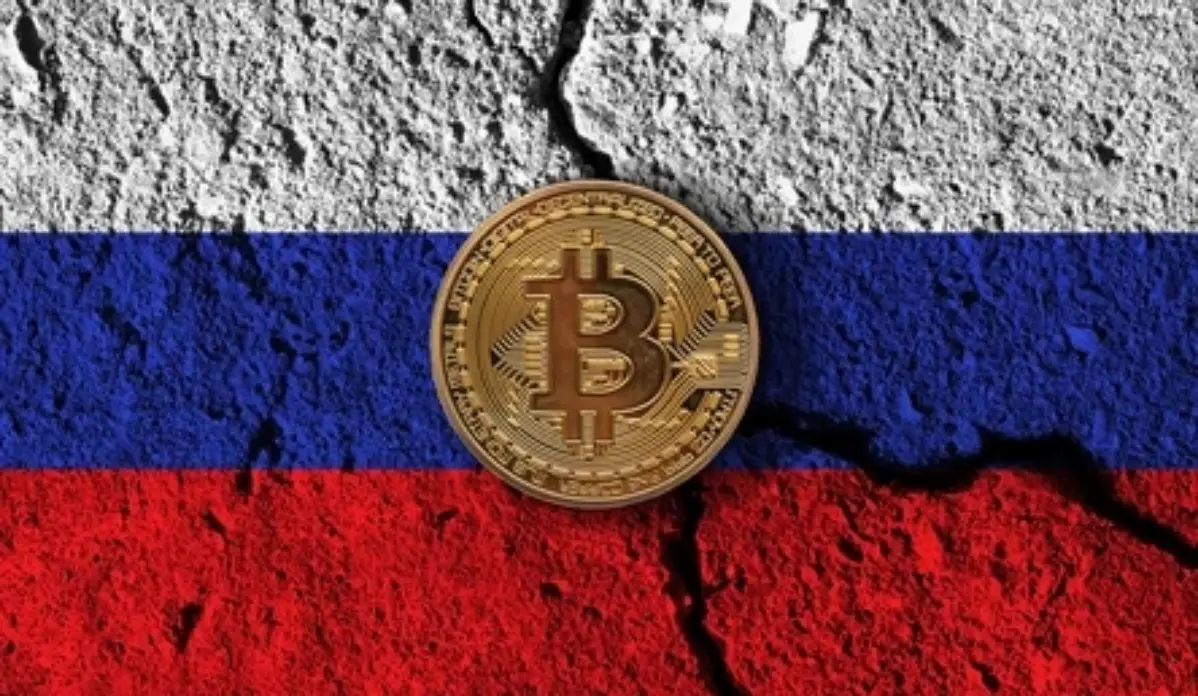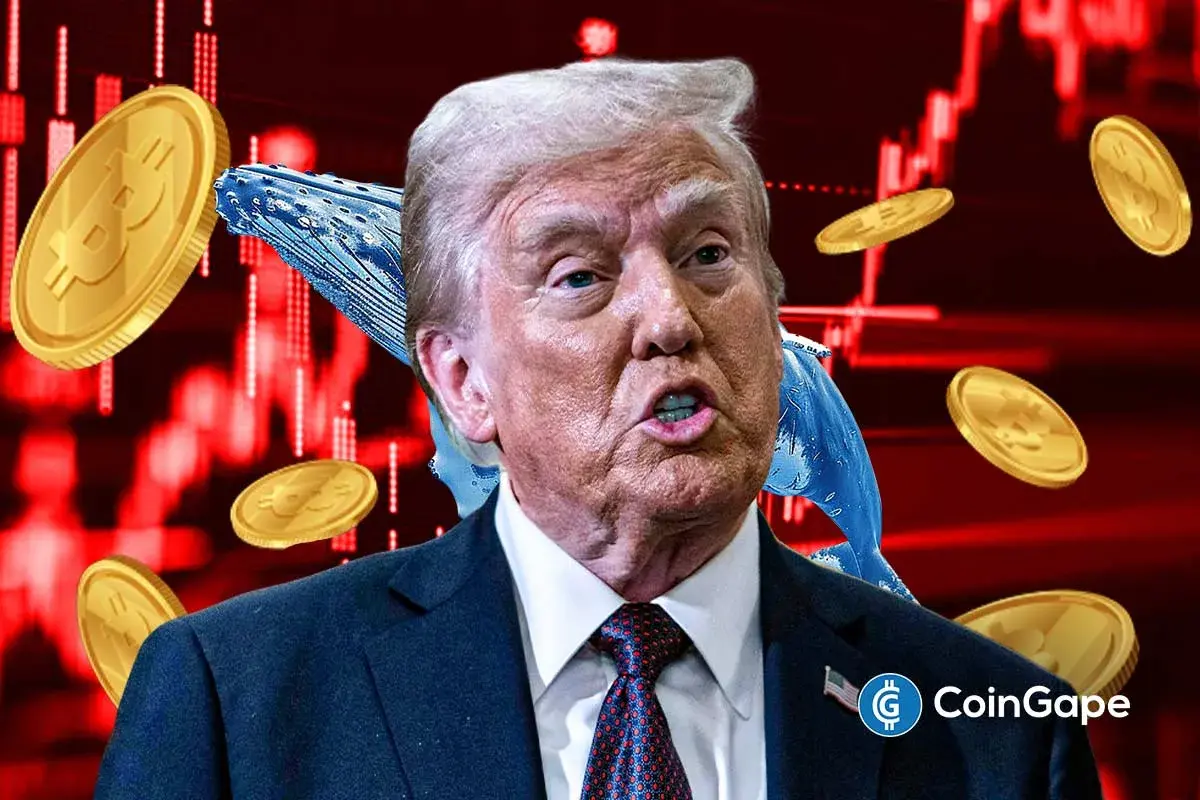Just-In: Russia May Legalize Crypto Cross-Border Payments Soon

Russia is historically known for its hostility towards cryptocurrencies, but all that is about to change due in large part to new realities. Most recently, the Russian Ministry of Finance mentioned that the utilization of cryptocurrencies for cross-border payments is a necessity. The Ministry has made a proposal in this regard.
Ministry and Central Bank agree that crypto for cross-border settlements is necessary
A local news outlet uncovered the development Monday. According to the report, the Russian Ministry of Finance and the Central Bank are now considering cryptocurrencies as a solution to their cross-border transaction predicament. “It is impossible to do without cross-border settlements in cryptocurrency,” both entities agreed.
The Deputy Minister of Finance, Aleksey Moiseev relayed the Ministry and Central Bank’s thoughts to the general public. According to Moiseev, the Ministry and Central Bank of Russia are currently reviewing the stringent legislation on digital assets.
The Deputy Minister mentioned that the financial authorities are “rethinking” the current approach to cryptocurrencies. He noted that this reconsideration is due to a change in “situation.”
Because the infrastructure that we plan to create is too rigid for the use of cryptocurrencies in cross-border settlements, which, of course, we must first of all legalize somehow,
he added.
Russia has more reason to turn to Crypto than most countries
Furthermore, Moiseev stated that the Ministry and Central Bank are looking to strike a balance between opportunity and proper regulation. They wish to give citizens the opportunity to use digital assets for cross-border settlements. Notwithstanding, they are also looking to regulate it properly to address concerns of illegal financing and money laundering.
The Ministry’s proposal will establish a regulatory framework to set up the necessary measures. Additionally, as part of the adoption move, citizens will have an opportunity to create digital asset wallets in Russia. The Central Bank will supervise the entities rendering wallet creation services to the citizens.
Russia has more reason to turn to cryptocurrencies than most other countries. Due to its invasion of Ukraine, the country has come under several financial sanctions from the West. Iran which is experiencing similar sanctions from the U.S. has already put measures in place to start paying for imports with crypto.
Despite the sanctions, Russia’s lean towards crypto has been awfully slow. In July, Vladimir Putin, president of Russia banned the use of cryptocurrencies for payments of goods and services. The love-hate relationship the country has with crypto continues. Russia’s recent move comes at a time when the country is making research on its digital Ruble.
- Expert Predicts Bitcoin Dip to $49K as ‘Trump Insider’ Whale Dumps 5,000 BTC
- Bitcoin Price Rebounds $70K, Here are the Top Reasons Why?
- Crypto Market Weekly Recap: Crypto Bill White House Meeting, Binance Buys $1B BTC, and More (9- Feb 13)
- TRUMP Coin Pumps 5% as Canary Capital Amends ETF Filing With New Details
- Crypto Prices Surge Today: BTC, ETH, XRP, SOL Soar Despite US Government Shutdown
- Crypto Price Prediction For the Week Ahead: Dogecoin, Solana and Cardano
- Bitcoin Price Prediction: How Could Brazil’s Strategic Bitcoin Reserve Proposal Impact BTC?
- 3 Top Reasons Pi Network Price Surging Today (14 Feb)
- XRP Price Prediction Ahead of Potential U.S. Government Shutdown Today
- Bitcoin Price Outlook As Gold And Silver Lose $3.6 Trillion in Market Value
- XRP and Ethereum Price Prediction as Trump Seeks to Lower Key Tariffs


















